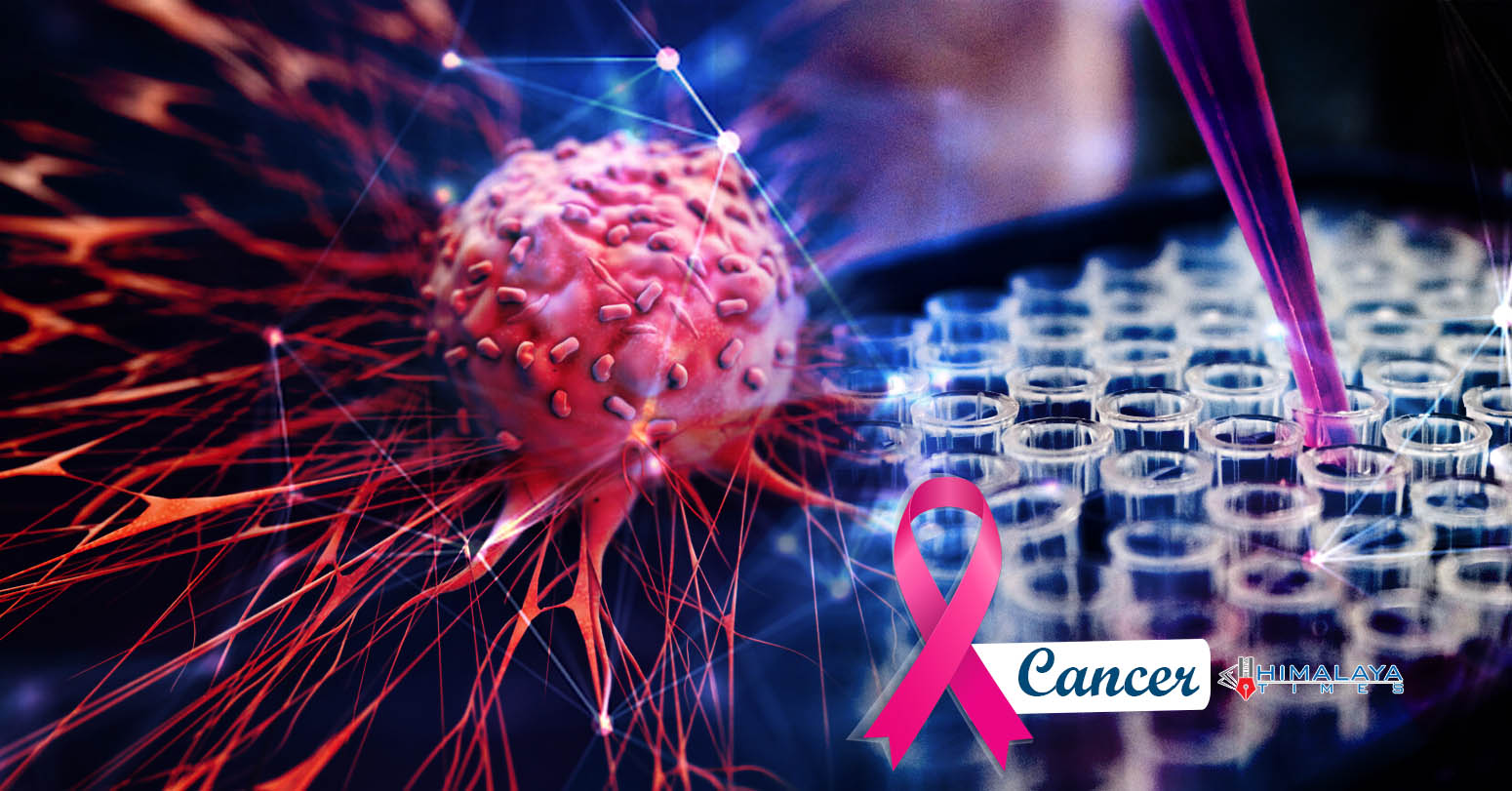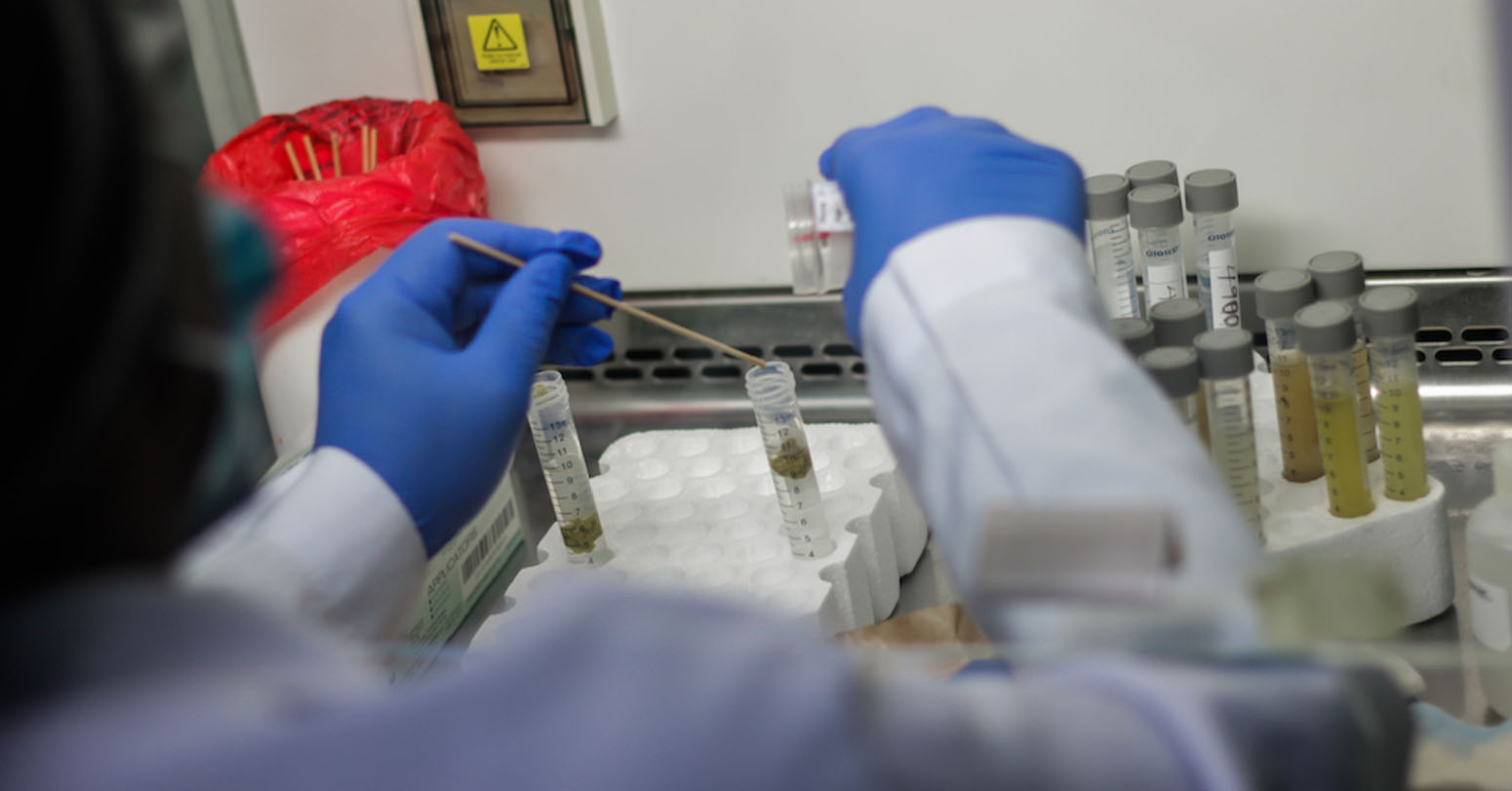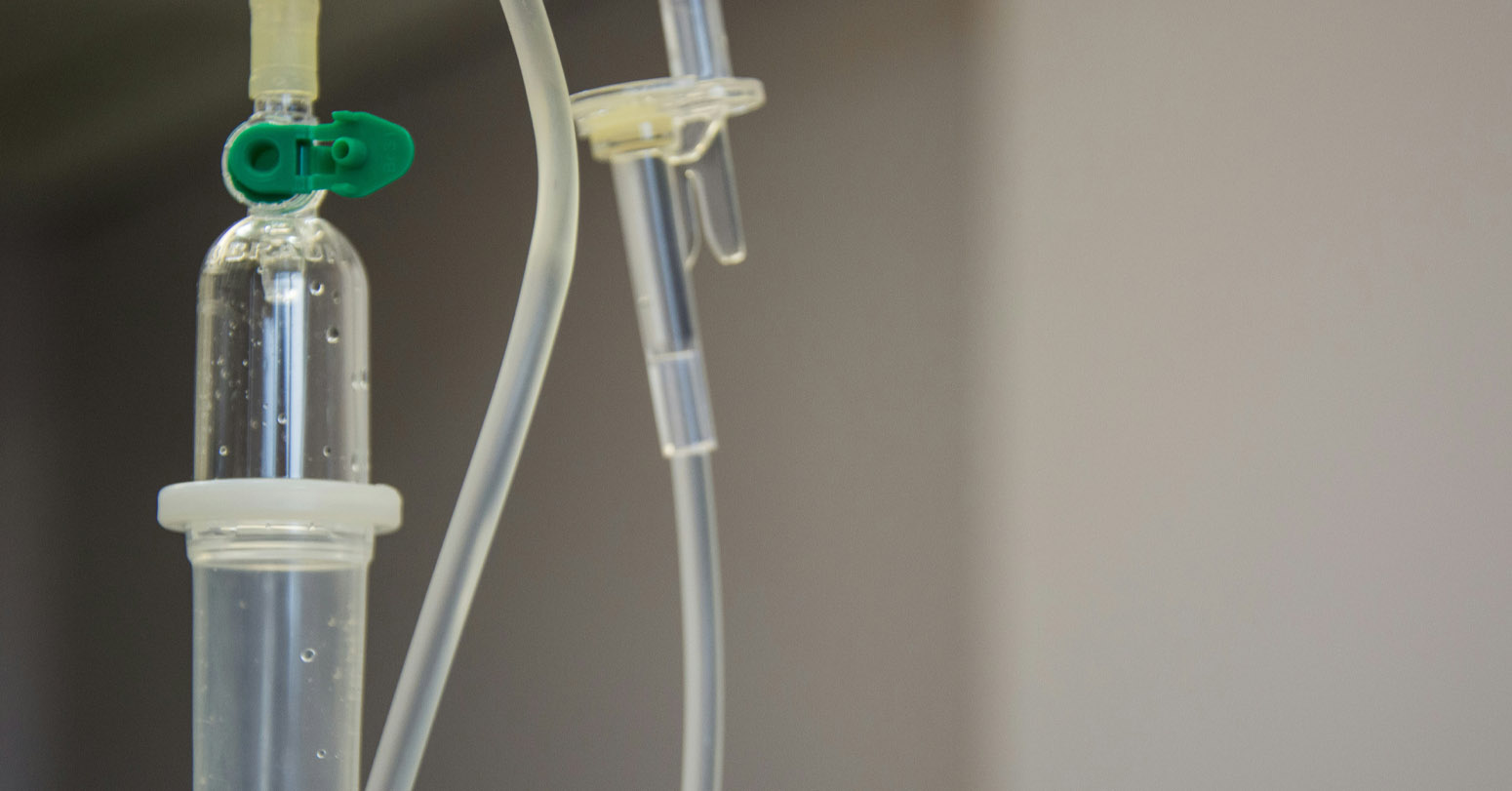Visit any online fertility chat room, and one of the main topics of debate will probably be what to eat to maximise your chances of conceiving. In addition to the wealth of supplements promoted as being fertility-boosting, there is also an array of foods that are supposed to help achieve a healthy pregnancy.
Amid all the myths and marketing, what is the actual evidence for using certain foods to enhance male and female fertility, and support the developing fetus?
For a start, when it comes to supporting a healthy pregnancy and fetus, certain nutrients really can make a difference – such as folic acid. When taken before and during pregnancy, it has been shown to help prevent both anencephaly, a birth defect of the baby's brain, and spina bifida, which affects the baby's spine.
Because these defects develop very early in the pregnancy, often before a woman knows she is pregnant, the US Centers for Disease Control and Prevention recommend that all women of reproductive age take 400 micrograms (mcg) of folic acid each day. Fortifying staple foods such as cereals with folic acid may offer even more powerful protection, because many pregnancies are unplanned. It is estimated that, in 2019, effective fortification programmes prevented 22% of potential cases of folic-acid-preventable spina bifida and anencephaly, worldwide.
Folic acid may have an additional benefit: when taken as a supplement by women trying to conceive, it may increase the chance of getting pregnant, though there is a need for further trials to confirm this.
What about other foods and supplements? Is there such a thing as a "fertility diet" that will maximise your chances of conceiving?
To answer that question, it helps to break down the main reasons for infertility. In the United States, after one year of having unprotected sex, 15% of couples are unable to conceive. There are many potential causes. On the female side, the ovaries may be unable to produce healthy eggs, or the egg may not be able to move from the ovaries to the womb – for example, due to blocked fallopian tubes. Even if the egg makes that journey successfully, it may then not attach to the lining of the womb, or not survive once it has attached.
On the male side, the quality of sperm cells is crucial for fertility. This includes their ability to move efficiently (motility), their shape and size (morphology), and how many there are in a given quantity of semen (sperm count). A range of factors can threaten sperm quality, including environmental problems such as pollution (read BBC Future's report on the global decline in sperm quality). Even after tests, the cause of infertility may not always be clear: about 15% of infertility cases remain unexplained.
While no individual food or supplement will be a quick fix for any of these potential issues, experts say diet can play a beneficial role throughout the process of trying to conceive and beyond.
Most obviously, being well-nourished is crucial. The consequences of malnutrition can be devastating for prenatal health.
Arguably the best-known findings in this area come from a study of babies conceived during the so-called "Dutch Hunger Winter" of 1944; an eight-month famine that occurred when the Nazis cut off food supplies into the Netherlands at the end of World War II. The mothers-to-be were surviving on only 400 calories a day, a fraction of the intake necessary for a healthy pregnancy. The babies conceived during that time faced a range of adverse health consequences, including being shorter and thinner than those born before or after them, and having smaller heads. As adults, they had higher rates of obesity, diabetes and schizophrenia, and tended to die younger.
For those who do have access to sufficient food, it is still important to obtain the right mix of nutrients. While discussions around beneficial foods often focus on female fertility, there has been a growing awareness of how diet can also affect male fertility.
A 2015 study of couples undergoing IVF found that men's meat consumption, and especially the type of meat they ate, affected the outcome, as measured by fertilization rates. Eating more poultry had a positive impact on fertilisation rates, whereas eating processed meat (such as bacon and sausages) had a negative impact. Men who ate the least processed meats, averaging fewer than 1.5 servings a week, had an 82% chance of achieving pregnancy with their partner – while men who ate the most processed meats, with an average of 4.3 servings a week, had just a 54% chance.
Even after conception, the father's diet may indirectly affect the unborn child.
A study led by researchers at The University of Queensland in Australia has shown that what fathers eat has a lasting effect on the future health of their unborn children. The team analysed dietary data from almost 200 couples receiving antenatal care at Australia's largest maternity hospital, the Mater Mothers' Hospital in Brisbane. The study found that the men's dietary intake strongly influenced that of the women, and that in turn impacted the developing baby. Other studies suggest that a father's weight can have an intergenerational effect, influencing the weight of the child.
"Men's health and nutrition for fertility is overlooked, but it is so important," says Shelley Wilkinson, a dietician who was one of the authors of the University of Queensland study and now works at Lifestyle Maternity, a private clinic in Australia that specialises in fertility support. "It can actually impact their grandchildren's health."
Wilkinson also highlights the importance of tackling any changes as a couple. "If one person is meeting the dietary guidelines, the other person is more likely to be as well," she says. "We should be focusing on supporting women as well as men to make healthy changes. Otherwise, we're losing half the battle."
One beneficial change can be to increase the amount of fat in the couple's diet – as long as it's the right kind of fat. Healthy fats are found in nuts, seeds, salmon, avocado and olive oil. However, trans fatty acids – which can come from natural or industrial sources, and are for example found in margarine, doughnuts, fried food and other processed food – are associated with a higher risk of infertility.
A diet rich in plants may also be beneficial. Researchers at Harvard School of Public Health assessed the diets of a group of 18,555 women over eight years, as they attempted a pregnancy or became pregnant. Consuming plant-based protein like legumes, instead of animal-based proteins like red meat, was associated with a more than 50% lower risk of ovulatory infertility, they found.
The authors of a 2021 review of research on the possible link between diet and female fertility concluded that, while their recommendations focused on women, "diet and nutritional patterns are undoubtedly significant for both male and female fertility".
The researchers gave a detailed overview of the effects of individual nutrients and the foods that contain them. They also emphasised the importance of involving a clinical dietician in the care of couples planning a pregnancy. Broadly speaking, their summary recommended foods such as vegetables, fruit, whole-grain pasta and whole-grain bread (for carbohydrates); sources of healthy fat such as oily fish; and legumes, eggs and lean meat for protein. They also pointed out the important role of certain nutrients that may sometimes be overlooked: these include iodine, which helps the proper development of the fetus and the expectant mother's thyroid function.
For alcohol, the advice is clear and consistent across the research. The CDC states: "there is no known safe amount of alcohol use during pregnancy or while trying to get pregnant." This goes for all types of alcohol, including all wines and beer. The advice is to avoid it altogether.
If you have any concerns or questions about your diet and how it might affect your fertility, the best step is to consult your healthcare provider. And while certain foods do appear to play a positive role in fertility, it's important not to overstate their power. Infertility is complex, as are its cause. Worrying over one's diet can cause unnecessary stress as well as feelings of guilt and shame. Those struggling to conceive can rest assured that the problem is unlikely to be rooted in one specific thing they did or did not eat.
Wilkinson says that people with fertility issues are often searching for a single fertility-promoting food – but it is better to aim for an overall healthy eating pattern. "In the fertility chat rooms, there's a lot of talk about pineapple being some kind of magic fertility food for if you're trying to fall pregnant. However, there is no single food or supplement that works like that."
-BBC

















Comprehensive Data Protection Law Critically
Gender Differences In Mental Healthcare
Messi Wins Best FIFA Men’s
Erosion of Democracy
Fly Dubai Catches Fire in
“Complexities of the South Asian